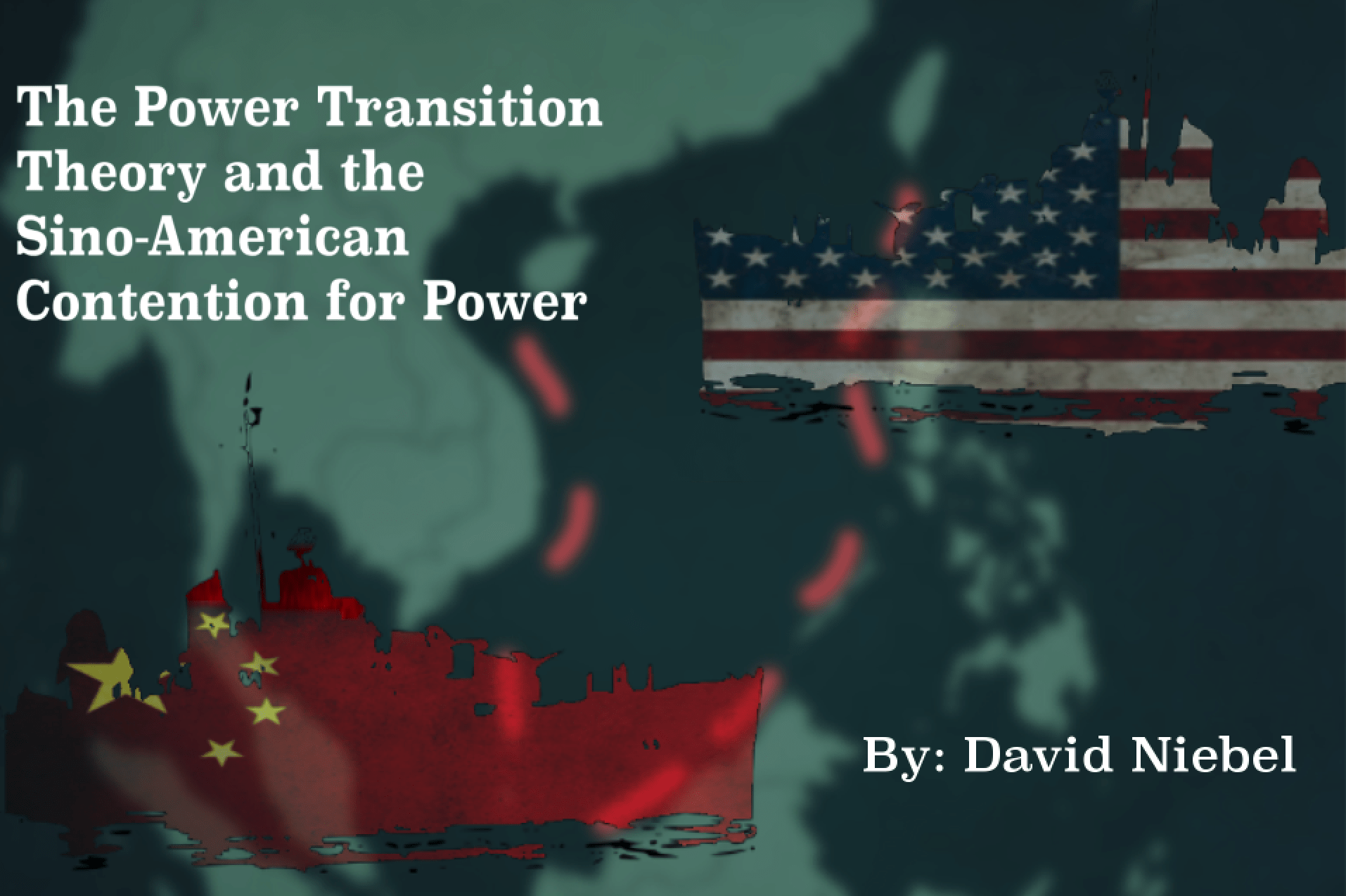Volume LIV – Number 1
David Niebel
Abstract: China’s military and economic power on the Asian continent has grown to a formidable level in recent decades, and mutually exclusive international ambitions with the United States has actuated a modern-day great power rivalry. This work demonstrates how the Sino-American competition for power aligns closely with Organski’s power transition theory, particularly the transition’s third stage. A theoretical background on the power transition theory is given, as is a description of the real-world geopolitical competition between the US and China. This work then explains how the theoretical approach is applicable to the real-world phenomenon. The purpose of these findings is to demonstrate that one can expect a heightened risk of conflict with no avenue to peaceful resolution should power ambitions of both parties remain unchanged.
Keywords: Power Transition Theory, Sino-American, China, United States, South China Sea
About the Author: David Niebel is a student at Towson University and a member of the Towson University Journal of International Affairs. He is earning a B.A in International Studies with a minor in Economics and Political Science, and will commission into the Marine Corps upon graduating in Spring 2021.




You must be logged in to post a comment.